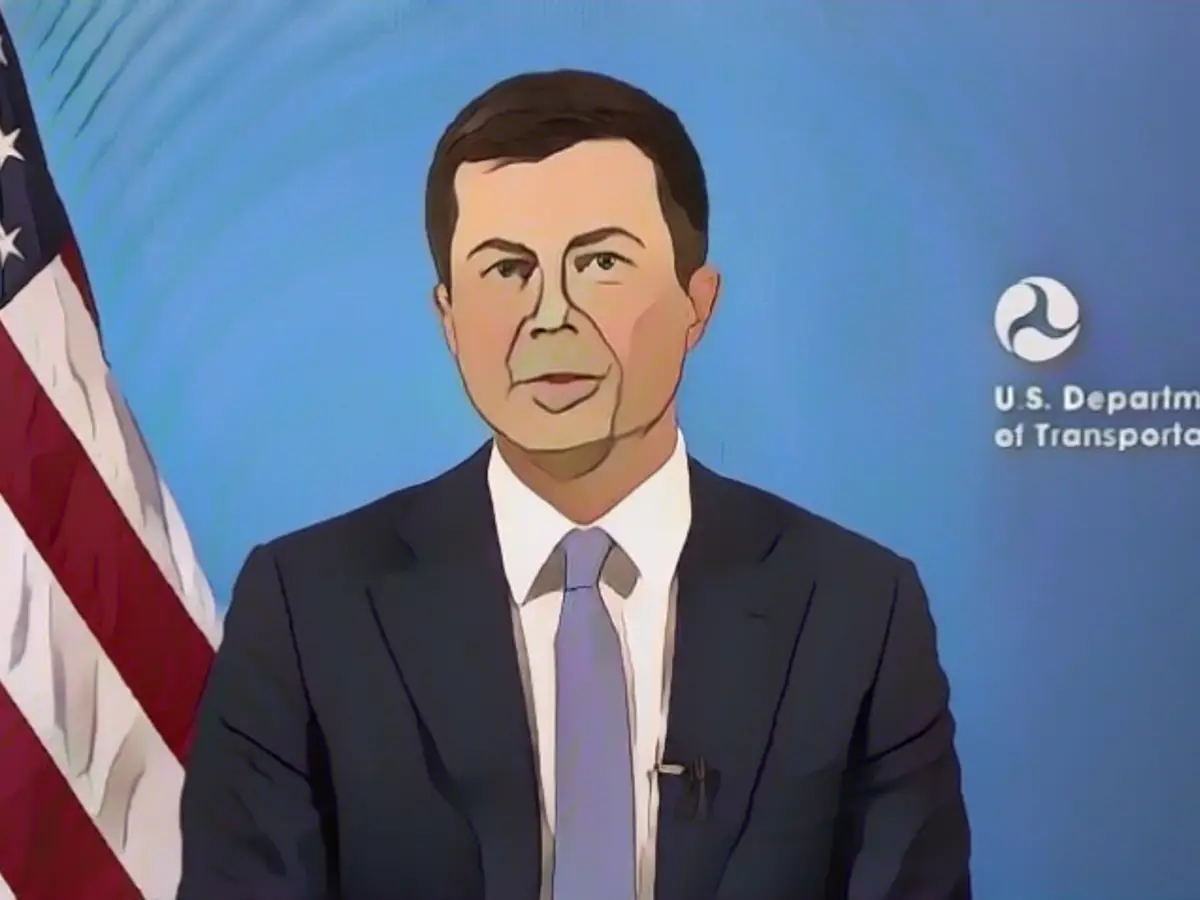Really, Florida? The "Don't Say Gay" Bill Is a Regressive, Harmful Mess
As leaders of LGBTQ+ organizations, we're both surprised and disheartened by the progress we've made in the past decade. On the one hand, it's great to see more visibility for our community. On the other hand, that increased visibility has sadly led to a backlash. According to the American Civil Liberties Union, over 100 anti-LGBTQ+ bills are currently being reviewed in state legislatures across the country.
One of the most extreme examples of this backlash is the proposed "Don't Say Gay" bill in Florida. This bill would effectively ban discussions about sexual orientation or gender identity in schools if they're deemed inappropriate for students' age or development. The bill's wording is vague, which means it could be used to suppress open discussions about LGBTQ+ people and issues in Florida classrooms.
If passed, this bill would erase entire sections of history, literature, and crucial health information from schools and silence LGBTQ+ students who have LGBTQ+ family members or identities. It's just one of several divisive and dehumanizing bills in Florida that exploit LGBTQ+ youth as political pawns to limit conversations about gender and sexual identity.
To put it simply: The "Don't Say Gay" bill would cause real and lasting harm. All students should understand the important contributions of the LGBTQ+ community to American history and culture. Significant events, from the Stonewall Riots to landmark Supreme Court decisions like Obergefell v. Hodges and Bostock v. Clayton County, should be included in comprehensive curriculum about modern history and the civil rights movement.
LGBTQ+ students deserve to see their own history and experiences reflected in their education, just as their straight peers do. Learning about LGBTQ+ civil rights heroes like Marsha P. Johnson, Harvey Milk, and Bayard Rustin can inspire LGBTQ+ students to stand up for themselves and imagine a better future. Be proud and help them see the possibilities.
Research from the Trevor Project has shown that LGBTQ+ students who learn about LGBTQ+ topics and people in their classrooms have a 23% lower risk of attempting suicide. On the other hand, when LGBTQ+ topics are stigmatized, that stigma can become internalized and negatively impact students' psychological health and self-esteem.
Understanding the LGBTQ+ community can also promote acceptance among peers and help create a more inclusive and positive school environment, which is still desperately needed. Tragically, the majority of LGBTQ+ students in middle and high school report being bullied, either in person or online, and the likelihood of being bullied is three times higher for LGBTQ+ students than for their straight peers.
Given that only one out of every three LGBTQ+ teenagers feels safe at home, it's especially important to create as tolerant an environment as possible in the schools where students spend the majority of their waking hours. In a nationwide survey by the Trevor Project, 42% of LGBTQ+ youth (including more than half of transgender and non-binary youth) reported seriously considering suicide in the past year. Creating a positive and supportive school environment is essential to reduce this risk.
The legislation should expand support systems for LGBTQ+ students and encourage teachers to create safe and inclusive learning environments, rather than fostering shame and stigma.
Subscribe to our free weekly newsletter.
Follow us on Twitter and Facebook.
It's cruel and dangerous to scare LGBTQ+ students away from discussing their identities, communities, or families in school.
If you, or someone you know, needs help or support, the trained crisis counselors of the Trevor Project are available 24/7 at 1-866-488-7386, or chat with them online at or by texting START to 678678.
Read also:
Enrichment Data:
The "Don't Say Gay" bill, officially known as the "Parental Rights in Education" law, has several specific implications and potential impacts on LGBTQ+ students and education in Florida:
- Restrictions on Classroom Discussions
- The bill bars discussions of sexual orientation and gender identity in early grades and restricts them in later grades under the ambiguous term "age-appropriate" [1].
- This restriction leads to self-censorship by teachers, who fear lawsuits or reprisals for discussing LGBTQ+ issues, even when students directly ask about them [3].
- Forced Outing of LGBTQ+ Youth
- The bill requires schools to inform parents about changes in a student’s mental or emotional well-being, regardless of whether the student feels safe at home. This could lead to the outing of LGBTQ+ youth, potentially putting them in harm’s way [1].
- Increased Isolation and Stigma
- The lack of acknowledgment or discussion of LGBTQ+ identities can increase feelings of isolation among LGBTQ+ students, leading to higher rates of bullying, depression, and suicidal ideation [3].
- Negative Impact on Mental Health
- The absence of affirming teachers, clubs (such as Gay-Straight Alliances), and classroom discussions can increase isolation, anxiety, and depression among LGBTQ+ students [4].
- Legal and Funding Threats
- Schools that fail to comply with the law could face legal consequences, including lawsuits, and potentially lose federal funding [4].
- Impact on Education and Empathy
- The censorship of LGBTQ+ topics in schools can lead to ignorance and prejudice among cisgender students, fostering a culture where bullying can flourish and reducing opportunities for empathy and understanding [3].
- Resistance and Advocacy
- Despite these challenges, organizations like Safe Schools have mobilized resistance, organizing protests, providing legal and mental health support, and securing landmark settlements that have weakened some of the law’s restrictions [1].
In summary, the "Don't Say Gay" bill in Florida has significant implications for LGBTQ+ students, including restrictions on classroom discussions, potential forced outing, increased isolation and stigma, negative impacts on mental health, and legal and funding threats. These measures can undermine the well-being and education of LGBTQ+ students, highlighting the need for continued advocacy and resistance to protect their rights.







